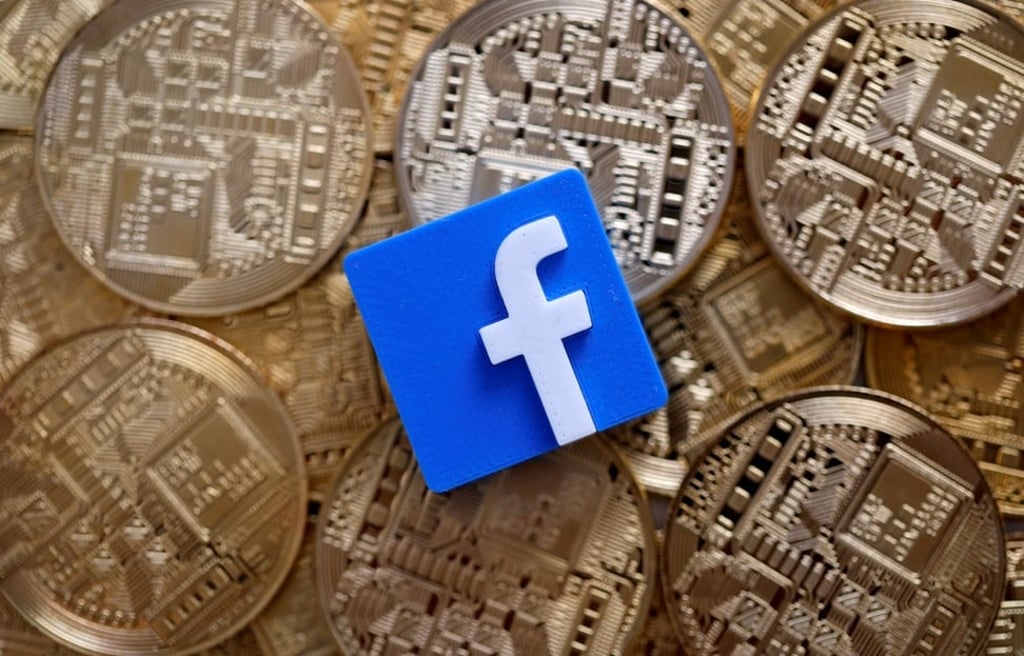Facebook’s Libra could ‘damage’ the yuan if China’s currency is not convertible, says central bank
- People’s Bank of China (PBOC) breaks silence on Facebook’s Libra, says that it will not be sustainable without the support of central banks
- A PBOC official said Libra could ‘spark depreciation in domestic currencies and worsen the financial situation of the poor’

Facebook’s push to create its own cryptocurrency, called Libra, must be put under the oversight of monetary authorities, according to a senior official from China’s central bank.
As a convertible cryptocurrency asset or a type of stablecoin, Libra can flow freely across borders, and it “will not be sustainable without the support and supervision of central banks”, Mu Changchun, deputy director of the People’s Bank of China (PBOC)’s payments department, wrote in comments provided to Bloomberg.
Digital currencies can be used for lending, could disrupt monetary policy, and may induce foreign exchange risks in economies with a volatile local currency, Mu said. In addition, Facebook has not made clear its commitment to anti-money-laundering and anti-terrorist financing responsibilities, as well as how it will protect the privacy of its users, Mu wrote.
Caixin published similar comments on Libra from Mu this weekend.

“In the longer term, the yuan will be damaged by Libra if it’s not convertible,” Mu told Bloomberg. Making the yuan freely exchangeable would deal with that risk, he said.
